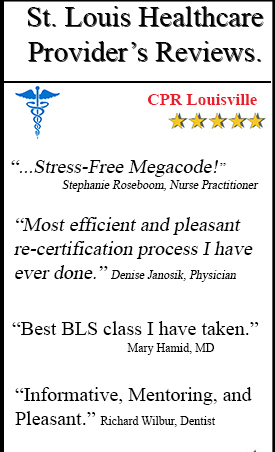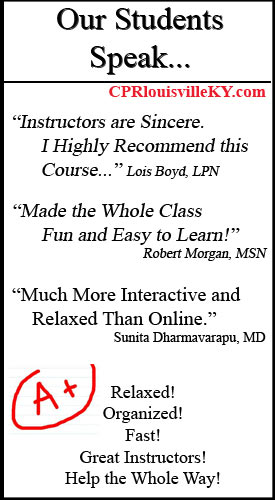What is Hypertension By Jessica Becherer
Call Us Now
Get the Best CPR Class in Louisville Today!
Hypertension or high blood pressure as it is commonly known, is a disease that affects many people. In some, it may only be a slight disease, while in others it can be very severe. It is a common disease that many people may be familiar with but aren’t sure what the causes are or how to treat it.
Let’s first get started with what high blood pressure actually is. High blood pressure is the force of blood against your artery walls. The more your heart pumps and the narrower your arteries determine how high your blood pressure is. If your hypertension is left untreated, it can lead to more serious diseases such as heart disease or stroke.
There are not very many signs of high blood pressure. A few signs may be a dull headache, dizziness, or nosebleeds. It is important to get your blood pressure checked every few months. The healthy range of blood pressure is 120/80 mm Hg. Once it begins to raise over that, it will be in the prehypertension range of 120-139/80-89 mm Hg. If it continues to rise then you will have hypertension. There are two stages of hypertension. Stage 1 of hypertension is 140-159/90-99 and stage 2 of hypertension, the most severe, is 160 or higher/100 or higher.
The cause of hypertension is unclear. There is not one specific way to develop high blood pressure. One form known as primary hypertension develops gradually over many years. Secondary hypertension is developed due to other conditions. This condition could be from kidney problems, adrenal gland tumors, congenital defects, and many other conditions.
There are many things in our lives that can contribute to high blood pressure. These are things that everyone should be aware of and keep an eye on to ward off hypertension. Age is the main factor in high blood pressure. As we age, our blood pressure increases and we are more at risk. Family history is another factor. If your family has a history of high blood pressure it is really important to watch your blood pressure as you get older and get it checked regularly. Stress, being overweight and not being active, eating too much salt, using tobacco, and drinking alcohol excessively are all factors that will raise your blood pressure. These are things that you could actively work on to keep your blood pressure down.
If your blood pressure rises and is left untreated the results could be extremely dangerous. Heart attacks and strokes are the most commonly associated with high blood pressure. However, there are more ailments that could happen. An aneurysm could be formed or high blood pressure could lead to heart failure. Narrowed blood vessels in your kidneys or eyes can result in organ failures or loss of sight. It could also affect your memory and your ability to think and understand the simplest things.
There are many medications used to lower a person’s blood pressure. Thiazide diuretics, beta-blockers, ACE inhibitors, alpha and alpha-beta blockers, renin inhibitors, calcium channel blockers, and vasodilators are common medications used to lower blood pressure. However, medications can only do so much. Once you have high blood pressure, you have to make a change in your lifestyle. You will need to live a healthier life. Diet and exercise are very important as well as watching your salt intake, alcohol consumption, and tobacco use.
Hypertension is a disease that millions of people will have to deal with in their lifetime. Since there are no exact causes the best thing to do is live a healthy lifestyle and always keep track of your blood pressure. Many places, such as Wal-Mart or Walgreens, have stations available to test your blood pressure for free. Don’t let your blood pressure get out of control or you will have to deal with even more difficult conditions.
Call Us Now
Get the Best CPR Class in Louisville Today!
Reference:
http://www.mayoclinic.org/diseases-conditions/high-blood-pressure/basics/definition/CON-20019580










